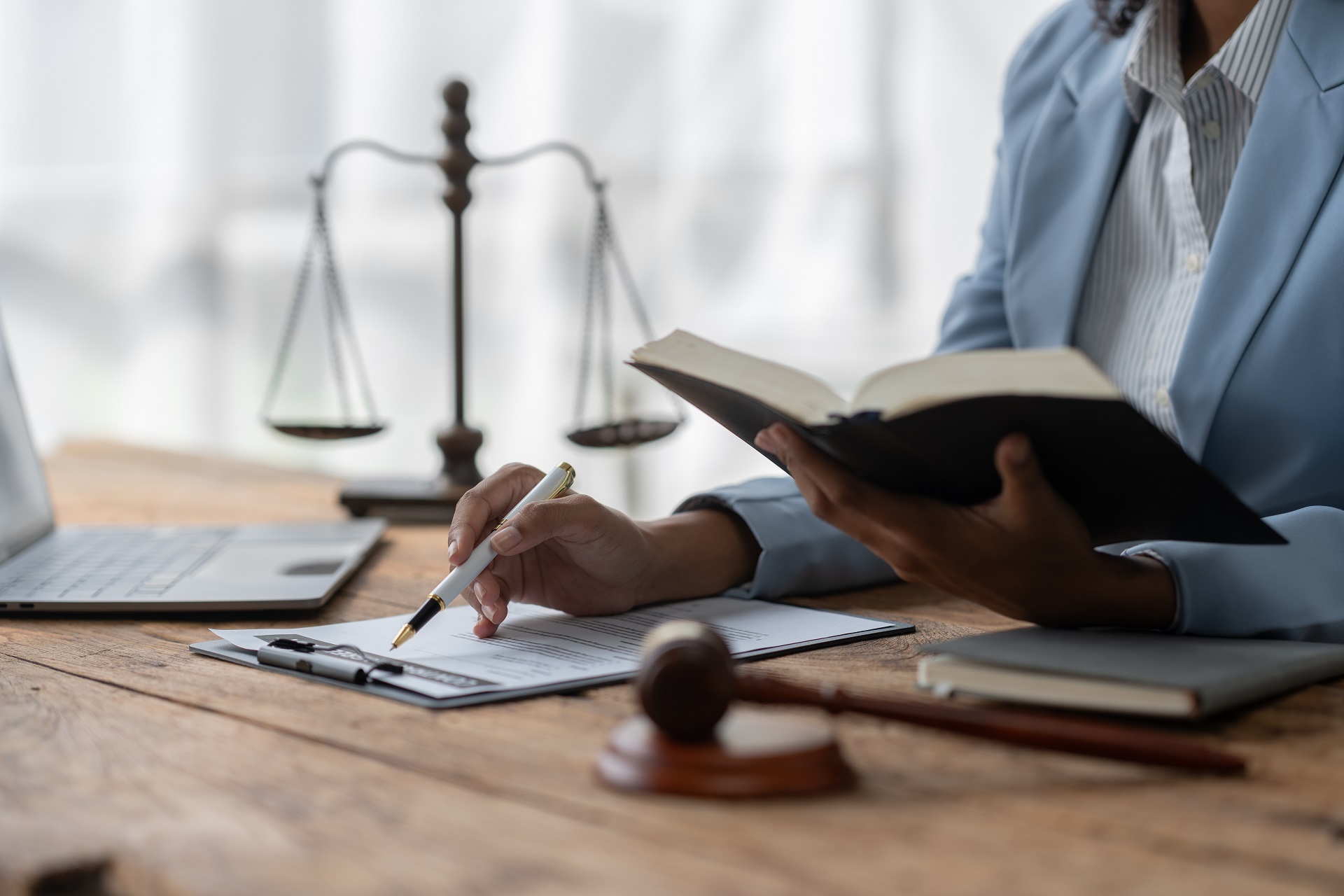How Can Petitioners Obtain a Protection Order in Washington State?
Relationships with romantic partners and family members can be complicated. However, no one deserves to feel unsafe or threatened at any time. Unfortunately, some people experience harassment, stalking, bullying, or abuse at the hands of a spouse, former romantic partner, roommate, family member, or even a stranger. These unwanted advances or persistent threats can be extremely frightening, stressful, and intimidating, causing you to fear for your safety. If someone is making you feel unsafe, it’s essential to recognize that the legal system can help you. With the support of a trusted and compassionate Seattle law firm, you can pursue a domestic violence protection order against your harasser to stop this concerning behavior so you can regain control of your life.
Protection Orders in Washington State
Washington state recognizes that victims of abuse, harassment, or stalking have the right to seek legal protection against those who are targeting them. Protection orders allow the petitioner to ask a judge to issue a formal order to protect them from the harmful actions of another individual, depending on the circumstance.
Washington’s Expanded Legal Definition of Domestic Violence
As of July 2, 2022, Washington state has a newly expanded legal definition of domestic violence. Essentially, the Legislature implemented additional terminology, such as “coercive control” and “unlawful harassment,” that constitutes domestic violence. This newly adopted definition aims to recognize a broader range of threatening and abusive behaviors, such as exerting control over someone by preventing them from living freely. For instance, someone who threatens another or intimidates them by monitoring their communication with others, depriving them of basic necessities, or financially exploiting them could be exerting coercive control—a form of domestic violence under the newly expanded definition. It’s possible to seek a protective order against someone who, while not physically abusing you, is harassing you or inflicting psychological harm on you and causing you distress.
Navigating the Protection Order Petition Process
In addition to this newly expanded legal definition of domestic violence, Washington state has streamlined the petition process for obtaining Protection Orders. King County provides an online portal through which petitioners may locate and complete the required documents for a Civil Protection Order. There are different types of Protection Orders available to petitioners, including Domestic Violence Protection Orders, Sexual Assault Protection Orders, Stalking Protection Orders, Vulnerable Adult Protection Orders, and Antiharassment Protection Orders. Petitioners can select to pursue one or more of these options using the same petition. You will also need to complete a few additional forms, including the Law Enforcement and Confidential Information Form (LECIF), the Case Information Cover Sheet (CICS), and the Temporary Protection Order and Hearing Notice. Once you complete these forms, you may submit these documents online and schedule a virtual meeting with the King County Superior Court Clerk’s office.
What Happens After Filing a Protection Order in King County
Once you have filed a petition for a Protection Order and attended the virtual meeting with the Clerk, you’ll receive an email with instructions on how to appear for your temporary order hearing with a judge. If the Judge honors your request, they will sign your temporary order, which lasts 14 days. The Clerk’s office will send you copies of the signed Order(s), all documents you previously submitted, a Service Packet (911) Instruction Sheet, and information on preparing and submitting evidence and exhibits before the final hearing. At this hearing, you and the respondent will appear before a judge who will hear testimony and consider the claims of each party. Since protection orders are granted in civil proceedings, you will have to prove your case by a preponderance of the evidence. Should the judge grant your petition, you will be entitled to protection from law enforcement should the protection order’s terms be violated.
Compassionate Advocacy During an Overwhelming Time
As a survivor of domestic violence, harassment, or abuse, it’s normal to feel intimidated and overwhelmed by the prospect of filing a petition and appearing in court. However, you are never alone during this stressful time—a trusted and experienced King County attorney can provide you with the reassurance and compassion you need to move forward. Let your lawyer step in to advocate passionately on your behalf. They will answer your questions, address your concerns, gather documents, and empower you to regain control of your life.
Reach out to the Hemmat Law Group today by calling (206) 682-5200 to discuss your situation with a trusted and compassionate Seattle family law and divorce attorney.
The Hemmat Law Group (HLG) was founded in 1994 by Steven Amir Hemmat, a former DOJ Trial Attorney. We specialize in family law, supporting victims of the legal system.
Hemmat Law Group help good people in bad situations.
Our lawyers provide expert legal advice connected to protection orders, including in cases of domestic violence, stalking and neighbor disputes. Contact us today.














